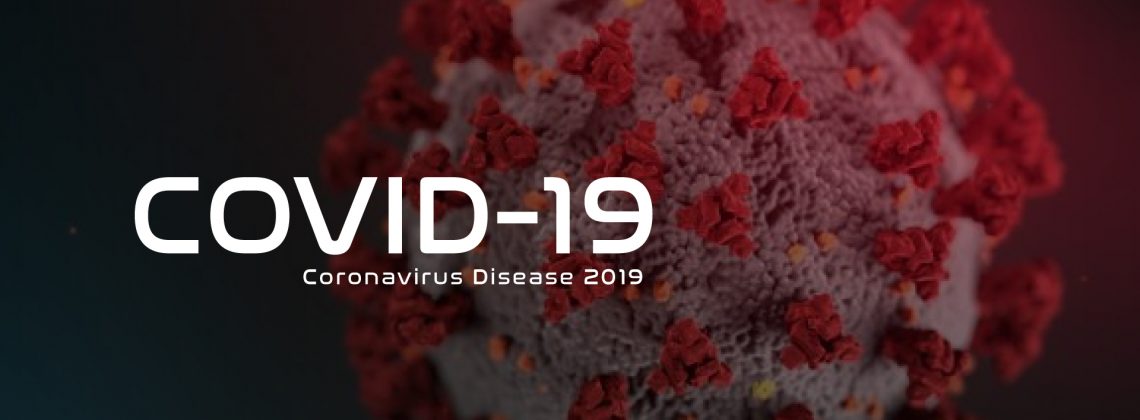With the passing of Bill C-45 and the announcement of the legalization and controlled sale of marijuana beginning on October 17 2018, doctors are reminding the public that this drug is not guaranteed safe to use by everyone. Public health officers mainly highlight the dangers of becoming dependent on the drug and requiring consistent use of it to feel positive emotion – or to avoid feeling negative emotion.

Vanessa Markov of Toronto is a first-hand example of this. After smoking marijuana consistently for many years she began to experience anxiety and symptoms of depression. She did not immediately attribute it to her drug usage. “It’s not a solution to your anxiety, your social anxieties, your feelings. You know it will make you feel better for a short period of time, but you will notice after a while that it’s going to start impeding on your ability to actually enjoy life,” Markov says.
The effects of marijuana on the brain are especially pronounced in younger people, those under the age of 25. Because the brain is still developing before this age, cannabis can cause changes in the part of the brain that makes decisions and manages judgement. In some extreme cases, cannabis use has contributed to the development of psychosis in some people.
For the full article, click here.






